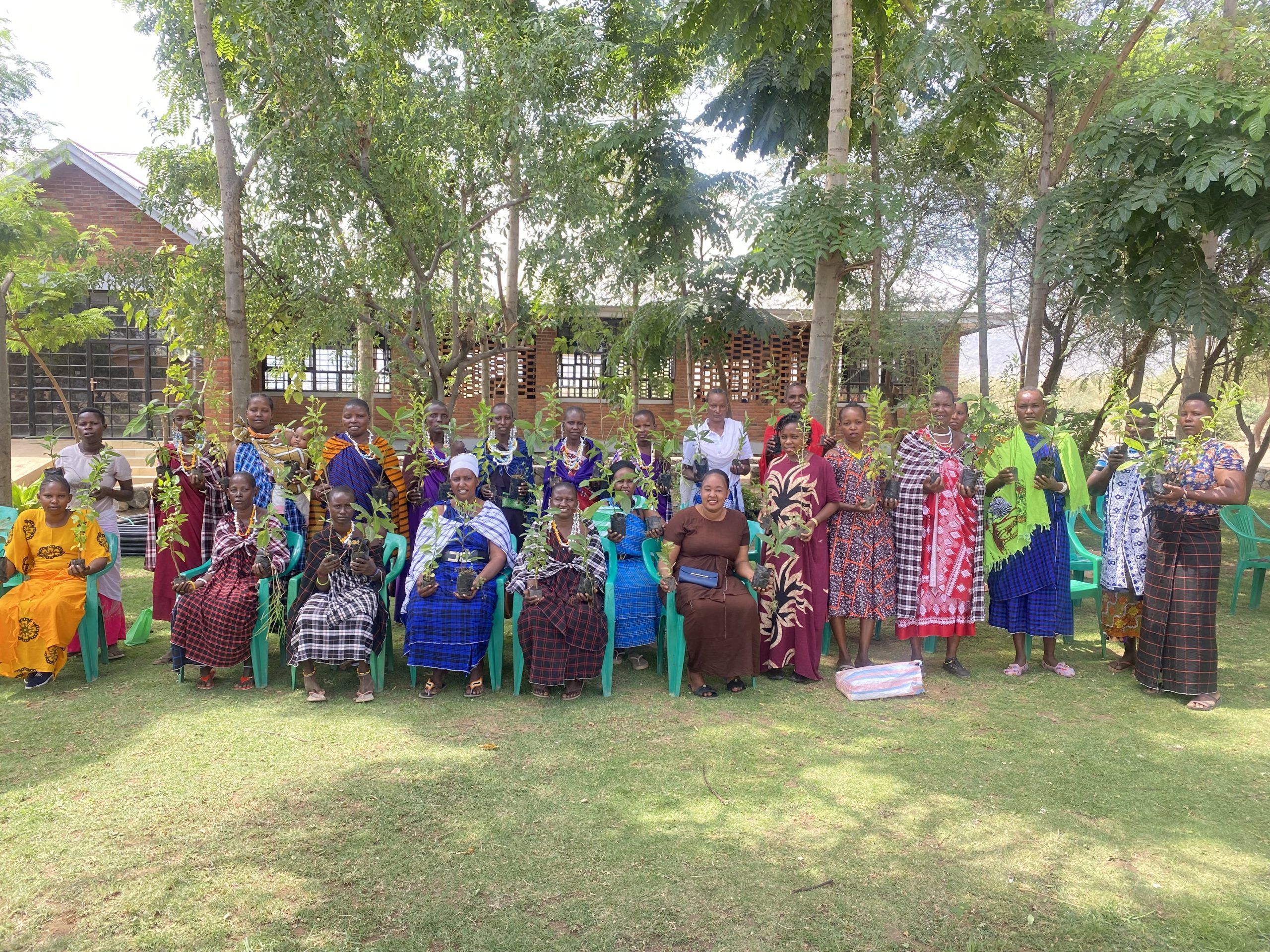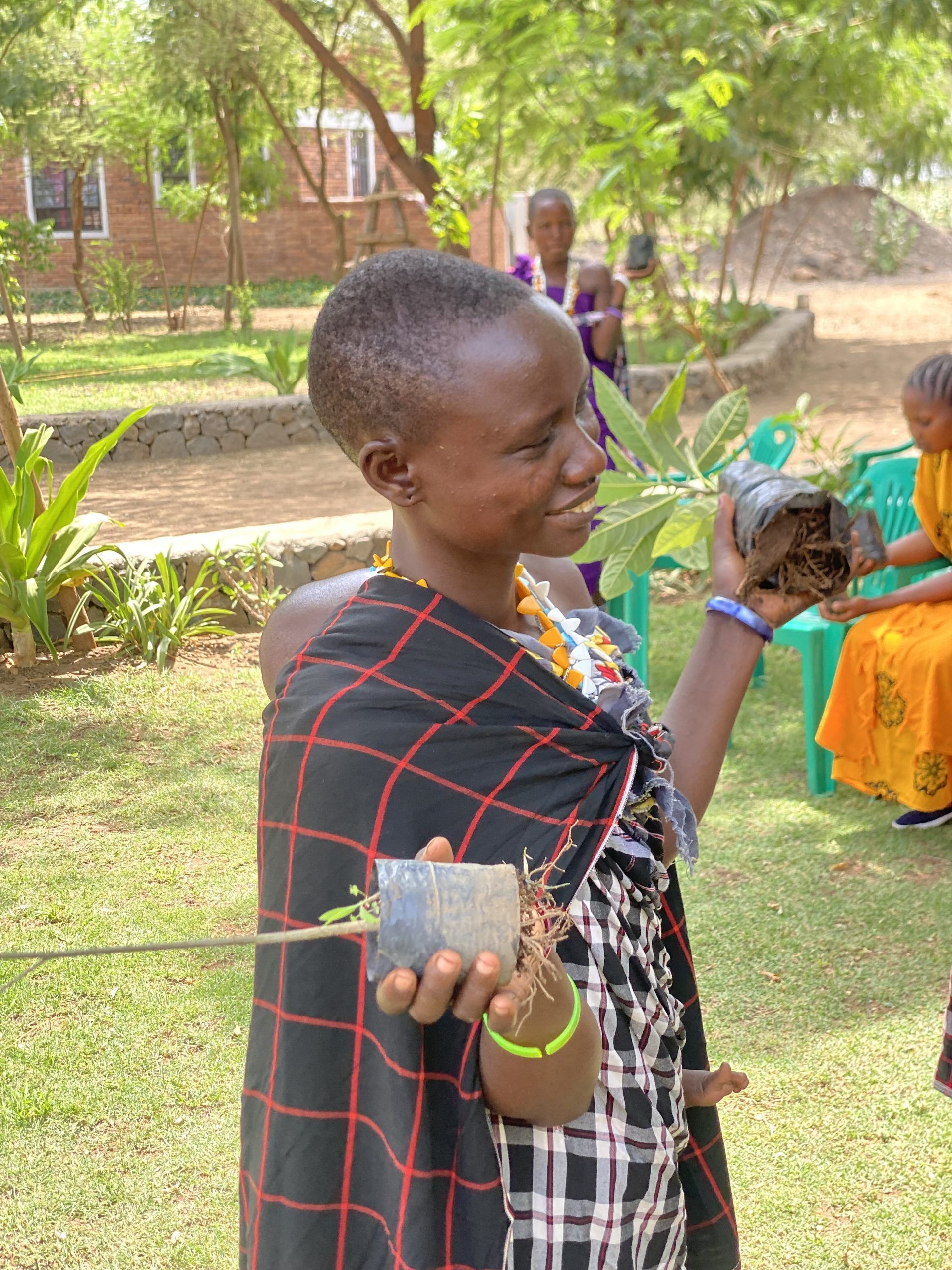

Engaruka Community Initiative Organization is a non-profit organization dedicated to promoting environmental sustainability and community development in the Engaruka region. One of our key project’s activity involved distributing various tree species to locals, aiming to enhance biodiversity, combat deforestation, and improve the overall ecological health of the area. This article will delve into the details of this environmental project activity undertaken by ENCO
Importance of Tree Distribution:
Trees play a crucial role in maintaining a healthy environment. They provide numerous benefits such as oxygen production, carbon sequestration, soil erosion prevention, and habitat creation for wildlife. By distributing various tree species to locals, ENCO aims to address several environmental challenges while actively involving the community in sustainable practices.
Objectives of the Activity:
Biodiversity Conservation: The distribution of diverse tree species helps preserve and restore local biodiversity. By planting native trees, ENCO ensures that the ecosystem remains balanced and supports a wide range of plant and animal species.
Deforestation Mitigation: Deforestation is a significant issue in many regions worldwide, including Engaruka. By distributing trees, ENCO aims to combat deforestation by encouraging locals to plant trees on their land instead of engaging in unsustainable practices such as logging or clearing land for agriculture.
Environmental Education and Awareness: Through this project, ENCO seeks to raise awareness among locals about the importance of trees and their role in maintaining a healthy environment. By educating the community about sustainable practices, ENCO empowers individuals to take an active role in environmental conservation.
Implementation Process:
ENCO follows a systematic approach to implement the tree distribution activity:
Identification of Suitable Tree Species: ENCO collaborates with local experts and environmental organizations to identify tree species that are well-adapted to the region’s climate and soil conditions. Native species are prioritized to ensure ecological compatibility.
Community Engagement: ENCO organizes workshops, seminars, and awareness campaigns to engage the local community. These activities aim to educate individuals about the benefits of trees, the importance of biodiversity conservation, and sustainable land management practices.
Tree Distribution: ENCO procures saplings from nurseries or establishes its own tree nursery to ensure a steady supply of healthy seedlings. The organization then distributes these saplings to interested locals, providing guidance on proper planting techniques and maintenance.Monitoring and Evaluation: ENCO conducts regular monitoring visits to assess the progress of the project. This includes evaluating tree survival rates, growth patterns, and community engagement levels. Feedback from locals is also collected to improve future initiatives.
Impact and Benefits:
The tree distribution activity initiated by ENCO has several positive impacts on both the environment and the local community:
Environmental Impact: By increasing tree cover, the project contributes to carbon sequestration, mitigating climate change effects. Trees also help regulate water cycles, reduce soil erosion, and provide habitat for wildlife, thus enhancing overall ecosystem health.
Socio-economic Benefits: The project provides economic opportunities for locals through the establishment of tree nurseries or agroforestry practices. Additionally, improved environmental conditions can lead to increased agricultural productivity and food security.
Community Empowerment: Engaging locals in environmental projects fosters a sense of ownership and responsibility towards their surroundings. It empowers individuals to actively participate in sustainable practices and become advocates for environmental conservation